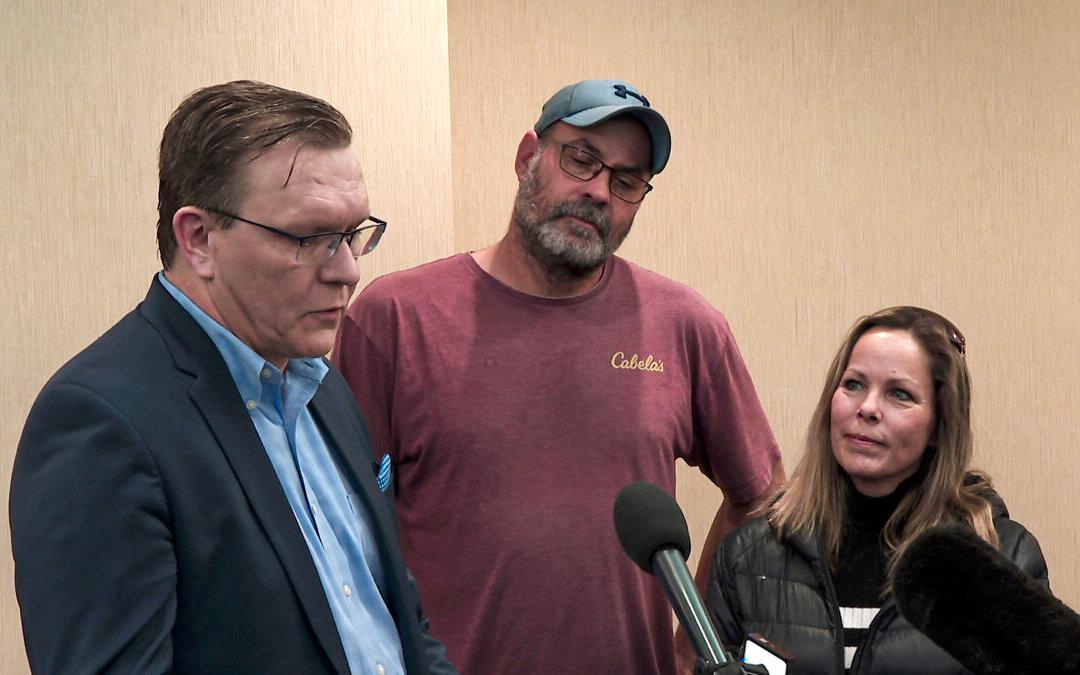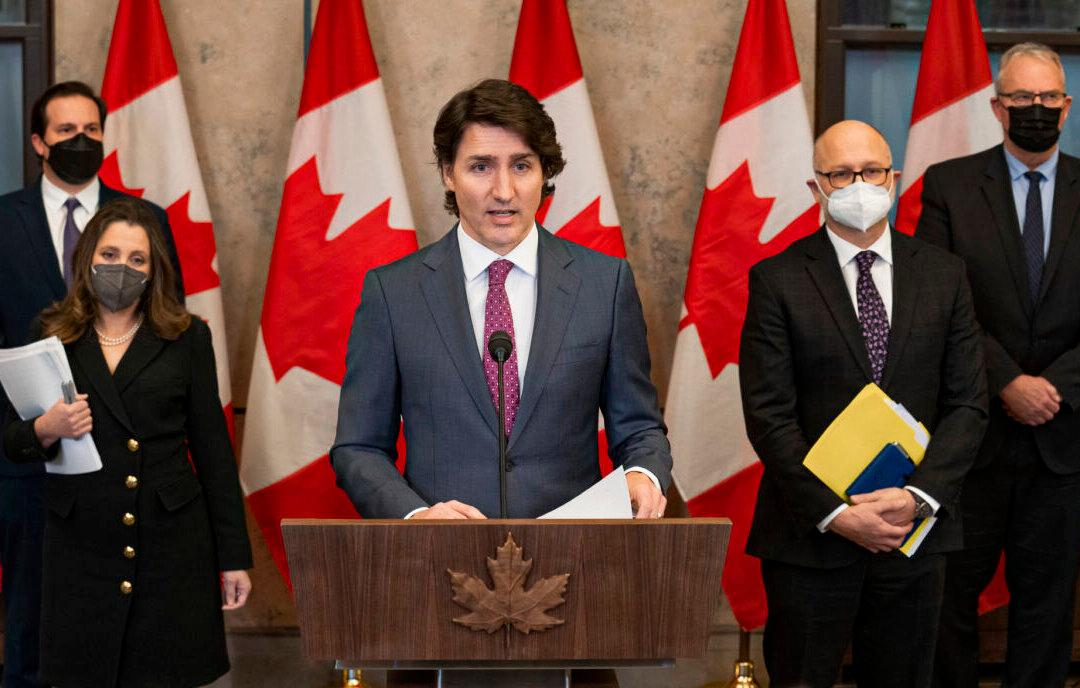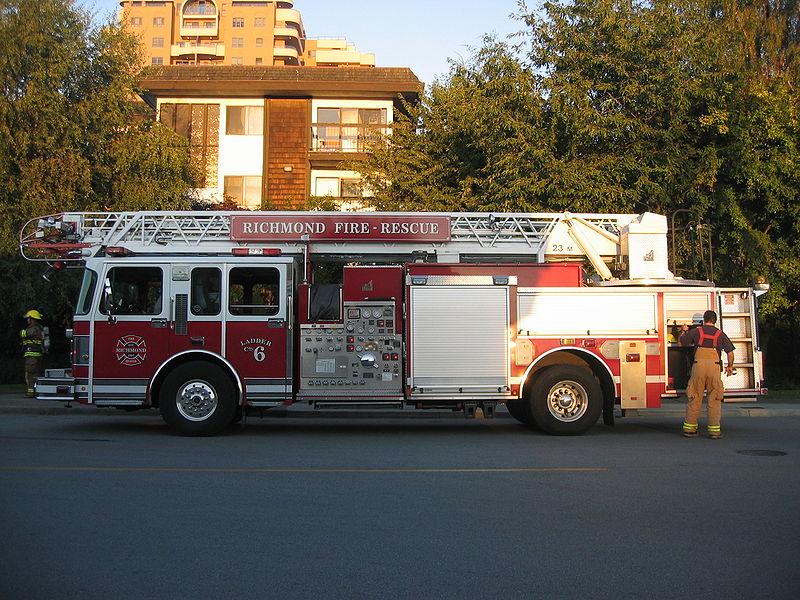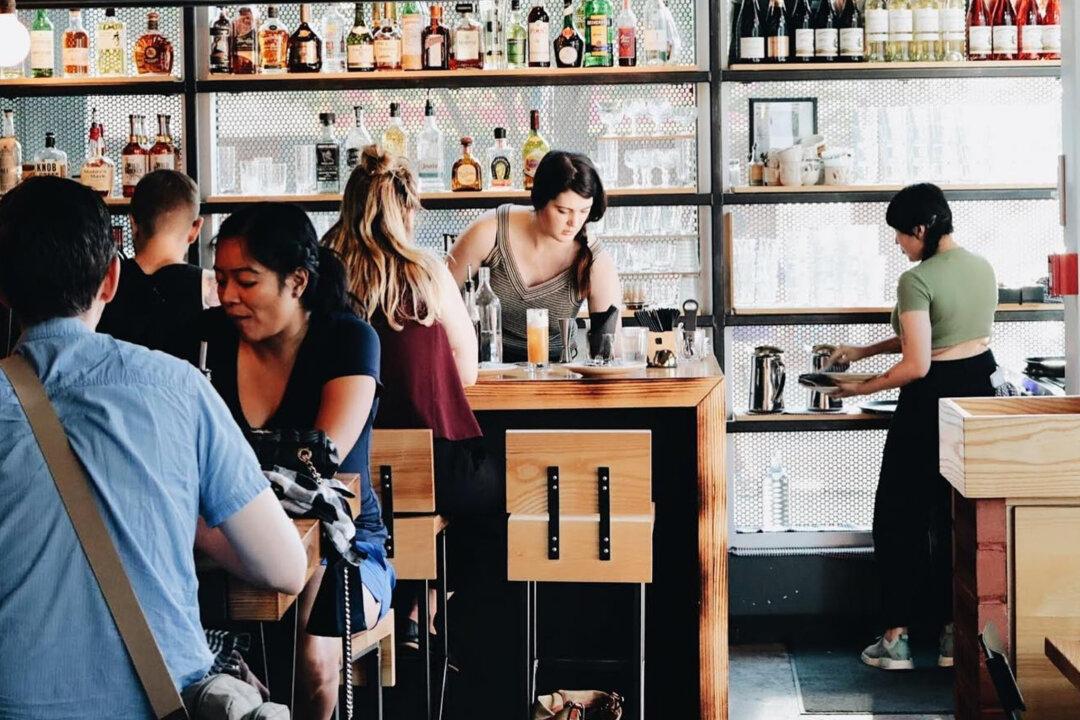Freedom Convoy organizer Tamara Lich remains behind bars until at least March 7, marking 19 days in custody, as the judge overhearing her bail review on March 2 said the next hearing session would be the following week.
Among the arguments raised by Lich’s defence is that the judge who denied her bail was biased against her cause due to the judge’s former ties to the governing Liberal Party, a point of debate among legal experts.





